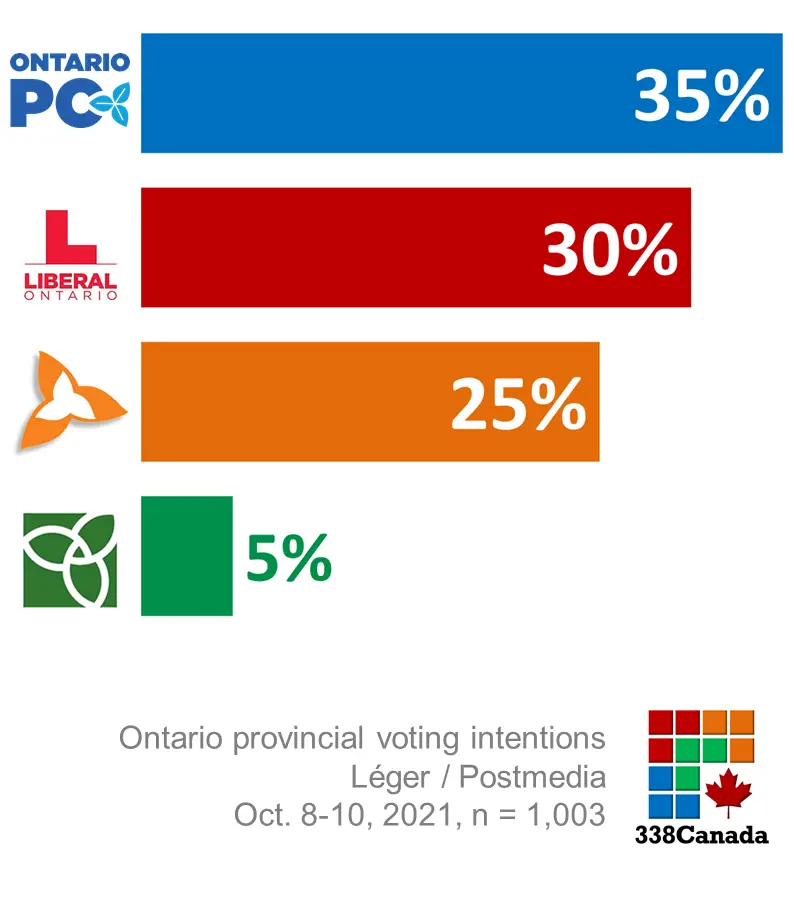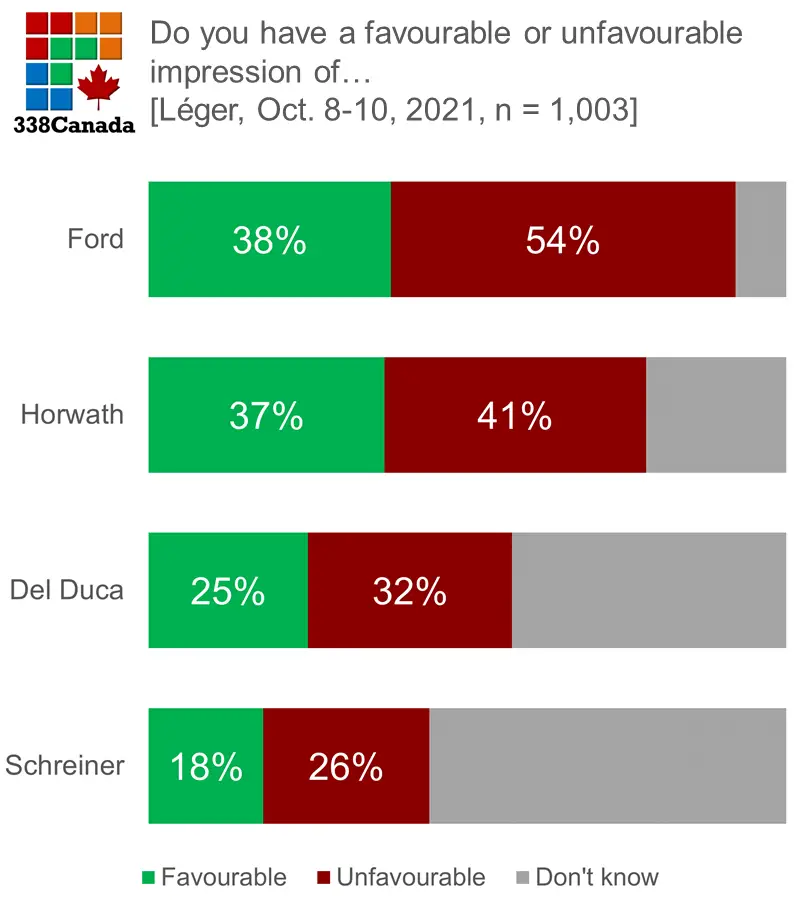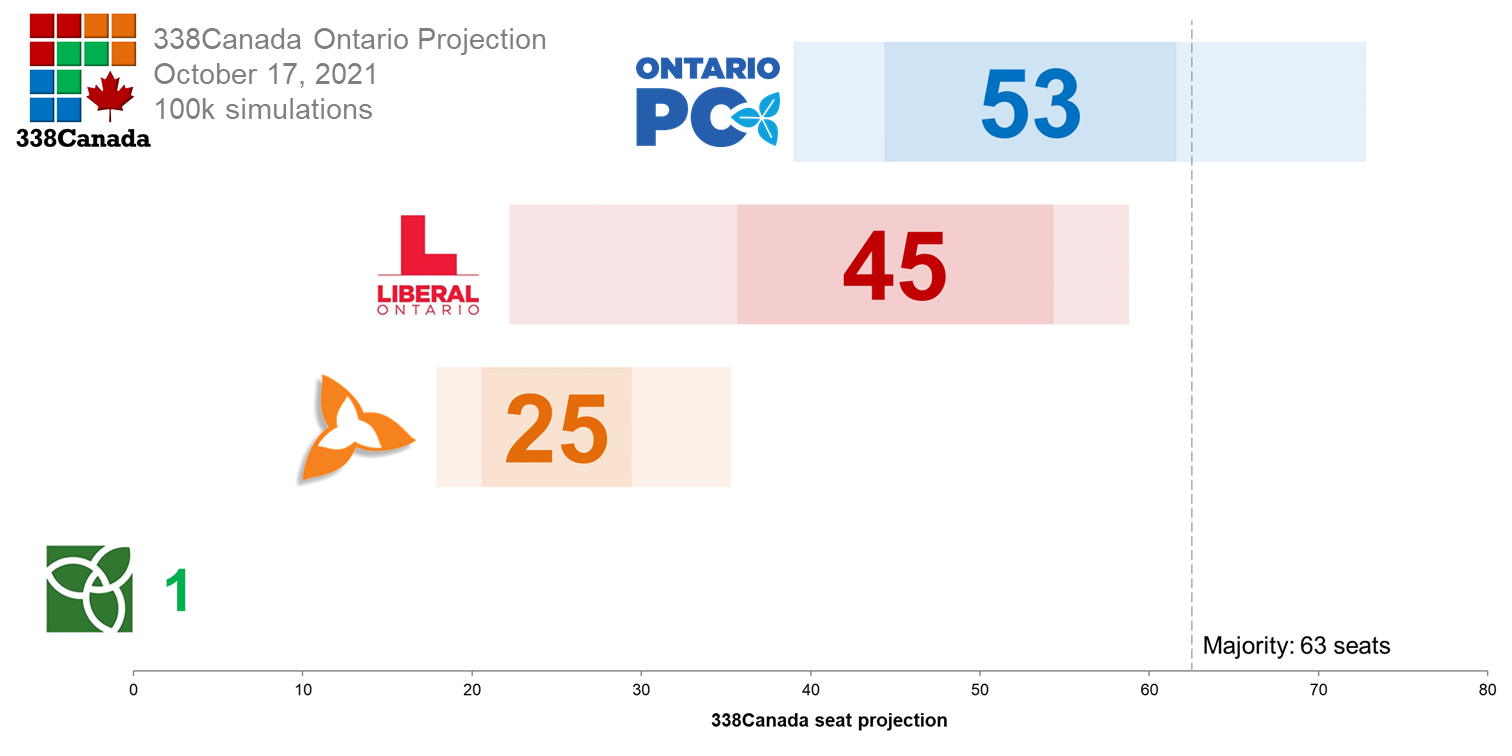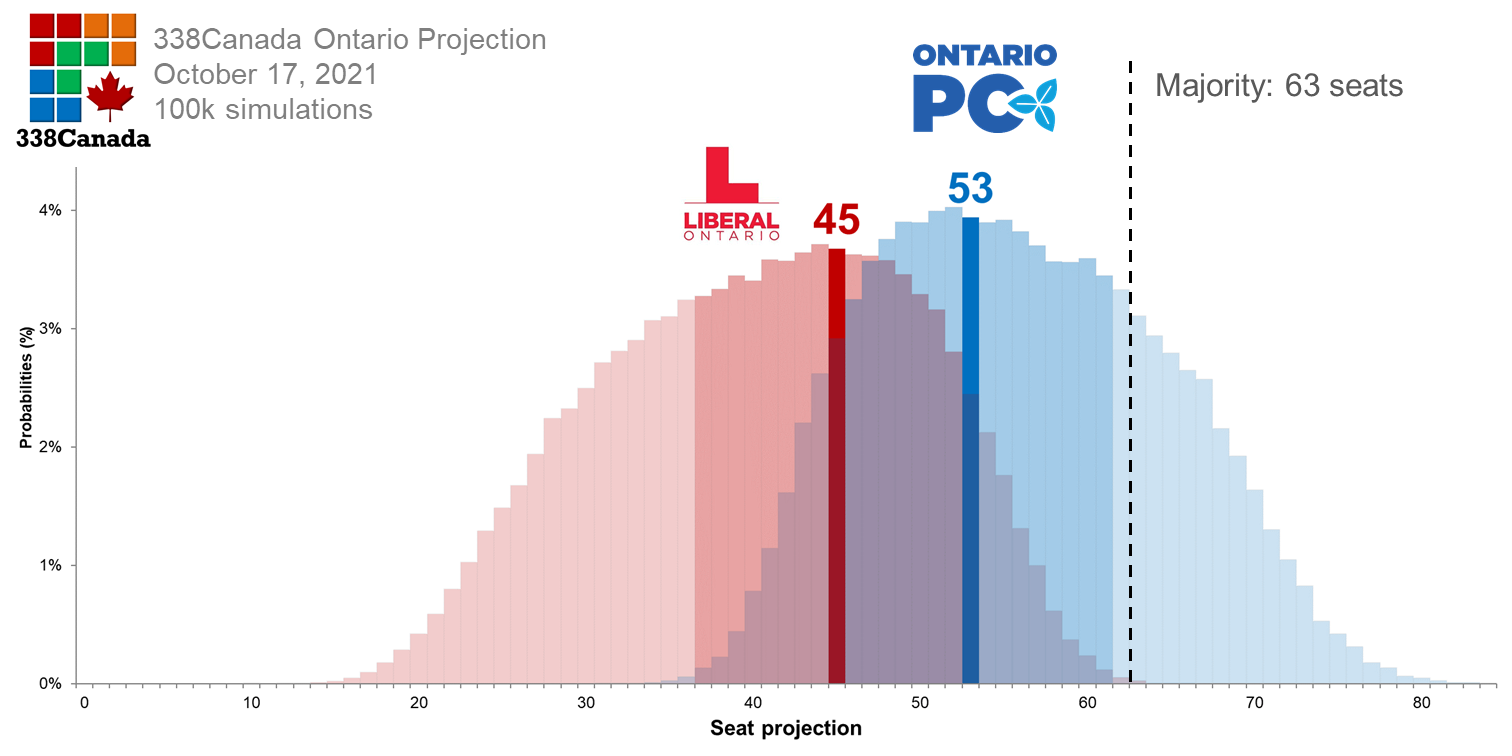
Voters in Alberta’s big cities decided this week that their way to combat economic doldrums—and relate to Jason Kenney’s oft-prickly provincial government—was to choose history-making mayors with big visions of what local governments can do for them.
Edmontonians replaced Don Iveson with Amarjeet Sohi, a bus driver turned councillor turned Liberal cabinet minister who was defeated in the 2019 federal election. Sohi—who as a young man survived a wrongful arrest and political imprisonment in India—is the first person of colour to become Edmonton’s mayor.
After a decade of Naheed Nenshi, Calgarians chose its first woman as mayor: Jyoti Gondek, a one-term councillor with a PhD in urban sociology.
Maclean’s Alberta correspondent Jason Markusoff assembled both for a joint interview via Google Meet. The text has been edited for length and clarity.
Maclean’s: There was a Torontonian—one named Naheed no less—who tweeted on Monday: “Punjabi mayors in two of Alberta’s largest cities—who would have thought?” And one of Mr. Sohi’s supporters replied: “Those of us in Alberta.” How do we shake what you call a false reputation?
Sohi: People feel that we are not as diverse as other provinces when we are actually pretty diverse. Edmonton’s non-white population is, I think, about 40 per cent? It’s probably higher or similar in Calgary. Alberta has changed quite a bit over the last 20, 25 years. I think a lot of people don’t understand that. I hope that both of us being elected to lead two major urban centres in Alberta will help us reinforce how diverse—and not just how culturally diverse, but politically diverse—this province has become.
Maclean’s: What is urban sociology? I’d never heard of it before, but it sounds like the perfect CV item for a mayor.
Gondek: Urban sociology really boiled down to its basics is the intersection of people and places. It’s the study of, how did urban centres come to dominate our style of living? And what are the implications, good and bad? Sociological researchers have looked at things like homelessness, and how encampments maintain their population, because folks create a sense of community, even though all of us think, ‘Let’s get them out of cardboard boxes and get them into dignified housing.’ [But] then they lose the support of their community around them. All of the lessons of other cities that I’ve brought with me have helped me make better decisions here.
Maclean’s: Did you take that doctorate with this job in mind?
Gondek: Not at all. I spent four years on Calgary Planning Commission without a planning degree. But I cared about this stuff, and I dug in. I looked, and went: “I’ve spent 10 years volunteering in the community, getting a PhD, doing this as a professional consultant. Maybe I need to stop trying to influence from the outside and just seek a seat at the table.”
Maclean’s: Amarjeet, you went from civic politics to federal to now the mayor. Was this your political career brass ring when you were younger?
Sohi: I don’t think many of us first-generation immigrants move to a new place thinking, “One day, I’m going to run for office.” We move for a better life. What propelled me into politics was the harsh working conditions that I and many of my immigrant colleagues working with the city were facing. You talk about institutionalized racism. We were almost a 90-per-cent immigrant workforce. We were not treated like city employees. We were not given equal wage. We were not given any overtime. We were treated like we were here to provide that sense of bonded labour as an immigrant workforce. My colleagues looked to me: why would we not organize ourselves and try to improve our working conditions?
That was my introduction to City Hall, meeting with city councillors to talk about our working conditions. We had to take city administration to court in order to earn our rights. And I saw firsthand how public institutions impact our daily lives. That was my reason that I first ran in 2004.
Maclean’s: Many people might not know that you both have buses in your past. Amarjeet as a city bus driver, and Jyoti worked for Greyhound Canada. What’s your best bus metaphor for this job?
Gondek: People forget that with Greyhound, there’s that whole belly of the bus with unused room, sometimes. They started shipping parcels. They started a whole new business line based on the fact that Greyhound went everywhere. That’s the division that I worked with. For me, it’s about making sure that that good governance and city building looks at opportunities that are right in front of you, that you may have missed.
Maclean’s: Don Iveson and Nenshi came into office such good pals that when Nenshi ran in 2010, he borrowed his “politics in full sentences” slogan from Iveson. How well do you two know each other?
Sohi: You got elected in 2017, right?
Gondek: And I immediately called you and asked you for money. I was working on the Vivo (local recreation centre) file at the time. Vivo is our rec facility in north central Calgary. As soon as I got in, I phoned Amarjeet’s office and said: “I’ve got to meet with you, we need more money.” We met here at a Starbucks. And he goes: “You’re not going to get more money from us until you come up with the money at the local level. And I remember walking (away) and going: Gah! And then as soon as we found the money locally, you called me up and said, “Way to go, let’s, let’s get the funding going.”
My family has been following your story for a long time. My mom was always always excited when Amarjeet comes on TV when he was, you know, a councillor, when he was a minister. The community is incredibly proud of all the work you’ve done.
Maclean’s: Thinking about the two cities, the sports rivalry seems to have long stopped permeating that ingrained culture between Edmonton and Calgary. What do you want the two cities to do together?
Gondek: We both believe strongly in finding better solutions around affordable housing. We’ve both been excited about the rapid housing initiative that has flowed from the federal government. And I think both of us would be very interested to see if that style of funding could translate into child care as well. I would love to partner with my buddy in Edmonton to see if we can get that kind of a funding model flowing. And frankly, they’re closer to the provincial government. So I rely very heavily on my council counterparts in Edmonton to be able to tell me what the mood and the temperature is there, by virtue of (them) being in the same city.
Sohi: We can expand the Calgary-Edmonton partnership, to midsize Alberta municipalities to strengthen our relationship with provincial government. I am very cognizant of the fact that if City Hall alone is talking to the provincial government, we will not be as effective. Speaking in that collective voice reduces the partisanship of discussions. it becomes it becomes a community conversation with the provincial government.
Maclean’s: How did the relationship between the premier and the big city mayors deteriorate to the point where you talk about needing other partners to get through that door?
Gondek: I don’t know that anything happened specifically, I think there’s been so much of a focus from the provincial government on reviving the economy and doing it through, you know, the comeback of oil and gas. If that has been their focus, and that’s where they’re fixated, then Amarjeet and I need to make sure we are bringing in those local leaders from our cities, who can be with us to talk about how we go about accomplishing those things [we want].
Maclean’s: Do you think that the very troubled, to put it gently, handling of the pandemic made it difficult for leaders to have a strong relationship with Jason Kenney?
Gondek: Unfortunately, I think what happened to our provincial government is they were a little bit paralyzed by what will happen if we put in restrictions. They got themselves in that trap of polarity—of restrictions versus freedoms instead of looking at it as mitigation techniques. By lack of action, they perpetuated that. And I think that’s where they got stuck. And then it was too late. And I think it’s been very difficult for members of this government who believed in greater mitigation, greater risk management to speak up, because then it would have looked like they were fighting the ideology. So I think they got themselves stuck.
Sohi: A lot of people still don’t understand Alberta, how much we have changed. And that is true of some people in the government as well. Albertans don’t like super-partisanship, right? When I spoke with the premier [this week], it was a pretty constructive conversation: We talked about COVID. We talked about economic recovery. We talked about social issues, and why we need to work together to tackle them. We were not arguing with each other. We were kind of nodding with each other. But sometimes public posturing is different. If we are consistent in both conversations—have the same collegial public-facing conversations [as we do in private]—our political culture will change.
Maclean’s: You’ve suggested going to the feds directly on child care. Is dealing more with the federal government a situational workaround, given the current political atmosphere. Or is that a more permanent means to a city’s ends?
Gondek: In my opinion, it’s a more permanent solution. For too long, we have ignored the fact that cities are economic engines. It’s important for the federal government to have a ministry dedicated to urban affairs; frankly, I think that’s a big miss [that there isn’t one] . I think if everything always has to go from the feds, to the province down to municipalities, you’re creating this false sense of hierarchy.
Sohi: It is not certain politically striped provinces that are more reluctant to work with municipalities. Even progressive provinces sometimes don’t work well with the municipalities either, because of personality differences. So I think it is more complicated than just the current political situation that we’re facing. There has to be more permanent, constructive conversation between federal government, the Federation of Canadian Municipalities and big-city mayors to foster that strong relationship.
Maclean’s: The economic challenges Alberta’s facing are just so immense, most notably the high downtown vacancy rates in Calgary. How limited do you feel sitting in the mayor’s chair in trying to address this challenge? The mayor, the city government, don’t have economic levers like other levels do.
Gondek: I guess you can choose to look at it as being limited, that we can’t do a lot of things on our own. But I think we have such an amazing opportunity to actually stand up and say: “This is our identity as a city. This is who we are. We are leaders in the transitioning economy, come and be here. We are using innovation and technology to find cleaner, greener, more sustainable solutions. Come and look at the fact that we have a centre for energy transition in a renovated downtown building. Just come and give us a chance.” One of the biggest things that Amarjeet and I do is speak to our federal counterparts to say: you need to come here and experience it to feel that it’s real, and then go with us to draw that capital to our city.
Maclean’s: Both of you ran against reform-minded fiscal hawks. And at a time when many people in your cities are struggling, costs keep rising, people defiantly rejected that option. Why is that?
Sohi: The people focusing on anger, they were trying to create fear. They were talking about “change election” in a very negative way. I think this was a change election, from my perspective in Edmonton, but change for the better. Not going back, but stepping further into into the kind of progressive, forward-thinking city that people want to build. They never turned inward because of anxiety.
Gondek: I think what happened in Calgary is people got tired of being told how to feel, and what to think. People were already tired from the pandemic, exhausted from all of the burdens they had to carry. And they wanted to hear from somebody that would help them lift that burden. They wanted someone to understand how they were feeling and give them a vision. That’s what I did.
Maclean’s: A lot of people will see you as the person who comes after Naheed Nenshi, nationally and probably locally. Is it daunting to fill his shoes?
Gondek: Mayor Nenshi came into office at a very different time than I’m coming into office. He and I have different styles and we have different challenges that we have to face. There’s so much foundational work to do. These four years are not going to be ribbon-cuttings and grand openings. They are going to be incredibly hard-working years. And, you know, we just need to demonstrate to the world that we are still as exciting a city as we were back then.
Maclean’s: Amarjeet, explain to me the ego roller coaster of losing your federal seat two years ago, then winning as mayor.
Sohi: In hindsight, I think losing the 2019 election—even though it was quite devastating—was the best thing. I was able to be with my family at a time when my family needed me the most, because my wife got sick during the 2019 election. Then, in October of last year, my brother passed away, the one who sponsored me to come to Canada.
I’ve been very open about the struggles that I faced and how vulnerable I felt during the pandemic. A lot of Edmontonians were also feeling vulnerable during this time. But they saw in me that quiet, determined hope, the resiliency that is necessary for people to have someone lead them through difficult times. The difficult times I had, struggling to make ends meet, and the time I spent in solitary confinement [as a political prisoner in India in the late 1980s]. I think gave people someone to look at, who had personal experience I have with adversity, but still kept hope.
The post Jyoti Gondek and Amarjeet Sohi: A joint interview with Alberta’s new progressive mayors appeared first on Macleans.ca.























